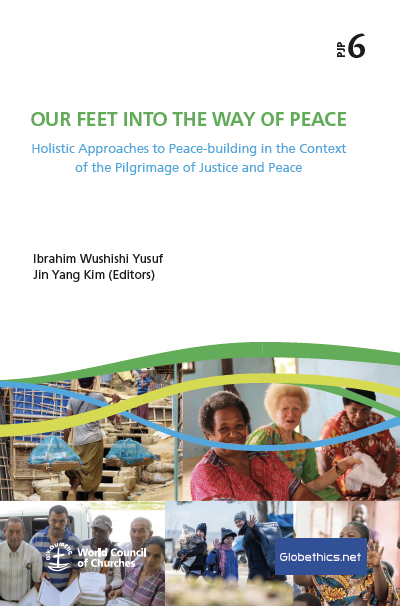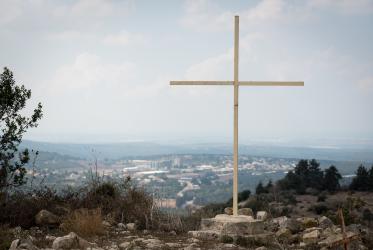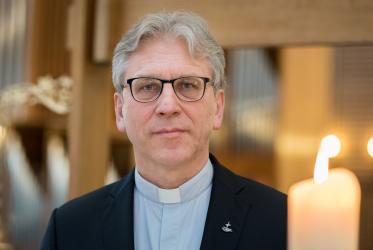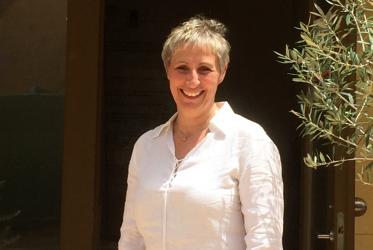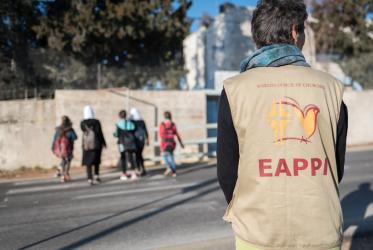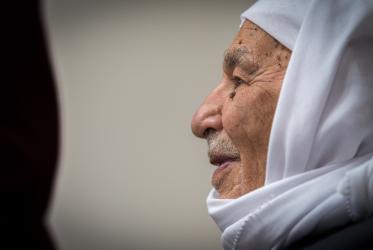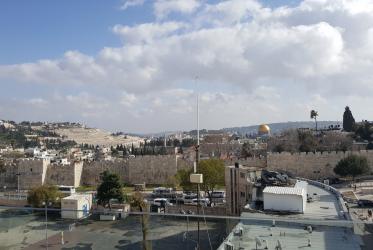Displaying 1 - 20 of 77
Our Feet into the Way of Peace: PJP Series 6
Holistic Approaches to Peace-building in the Context of the Pilgrimage of Justice and Peace
19 August 2022
World mourns loss of Archbishop Desmond Tutu
30 December 2021
Webinar on Middle East racism: “Never lose hope”
28 November 2019
Dr Saïd Ailabouni: God is on the side of rejected, oppressed, occupied
12 September 2019
WCC pulls accompaniers from Hebron due to security concerns
29 January 2019
WCC invites all to join World Week of Peace in Palestine and Israel
17 September 2018

